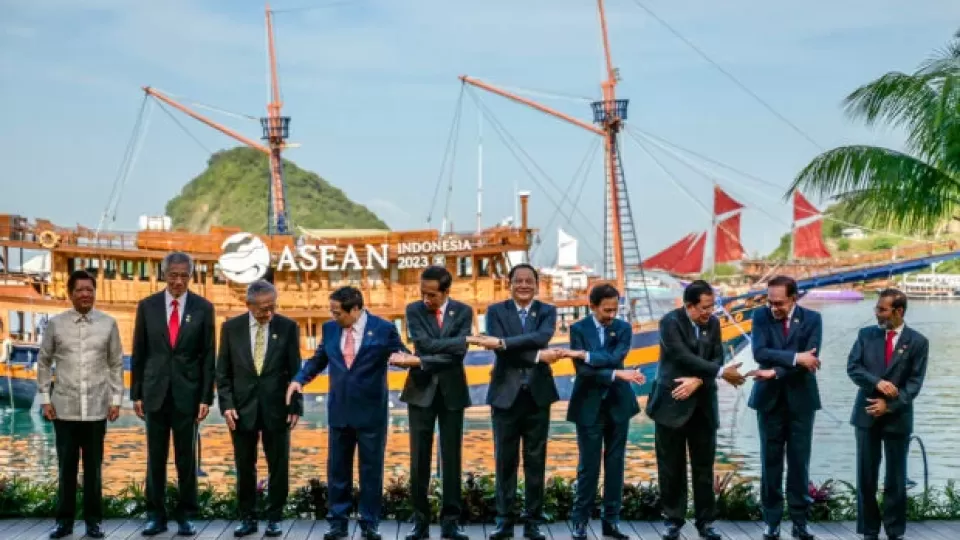May 11, 2023
MANILA — President Ferdinand “Bongbong” Marcos Jr. on Wednesday asked the Association of Southeast Asian Nations (ASEAN) to prioritize food self-sufficiency and security in the region through innovative solutions.
In this way, overall human security would be attained, he said.
Marcos issued the call during the ASEAN Leaders’ Interface with the Representatives of the ASEAN Business Advisory Council (ABAC), saying that at the heart of ASEAN’s economic growth, hard-earned peace and stability in the region is human security.
He said ASEAN governments can ensure food security by adopting new technologies, as well as by using smart agriculture and food systems.
“As such, the Philippines supports ABAC’s proposal on strengthening food security, promoting sustainable production, enhancing information systems, and identifying nutrition-enhancing agriculture mechanisms for sustainable ASEAN food systems,” Marcos said.
“I would like to reiterate the commitment of the Philippine government to work with the private sector to advance ASEAN’s goals and objectives,” he added.
Marcos also echoed the ASEAN-BAC’s call for the bloc to take a leading role in shaping the regional and global economy by staying “united, together, and stronger” in determining its economic agenda now and in the future.
The Philippines, he said, also fully recognizes the importance of private sector involvement as the main engine of ASEAN’s economic activity, especially in the delicate logistics chain of goods and services across the region.
The President also stressed the need to continue efforts to keep up with the rapid digital regional transformation.
“In a region with citizens who are enthusiastic adopters of digital solutions that are reshaping the way our countries do business, we must capitalize on such assets as e-commerce and digitalization to advance the trade agenda, enhance cross-border trade, and foster economic integration,” he said.
The President is currently participating in the 42nd ASEAN Summit and Related Summits in Labuan Bajo, Indonesia.


